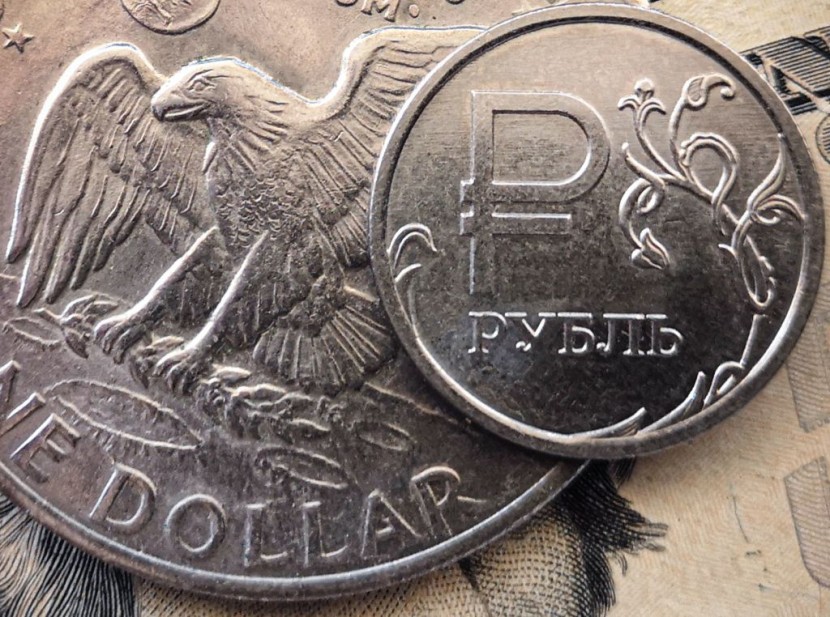
Russian President Vladimir Putin's actions in Ukraine have led to western sanctions because they want to kneecap the Russian economy may have backfired instead.
This move to build up the ruble against the dollar is crucial to make Russia less dependent on it. With the help of India and China to bypass the economic penalties is the goal of linking rubles to gold.
Russia Pegs Ruble to Gold
Until June 30, the Bank of Russia will continue buying gold at a fixed price of 5,000 rubles ($59) per gram. For the first time in over a century, Moscow may have a chance to return to the gold standard, reported Pravda.
The move to convert to Russian currency in payments with partners, according to BullionStar Singapore precious metals analyst Ronan Manley, should have huge implications for the currency versus the US dollar and the entire global economy.
Bank of Russia specifies a minimum price for the currency in US dollar terms by linking it to gold, which is traded in US dollars.
Manly spoke to RT; he stated that back on March 25, the ruble was traded at 100 rubles per US dollar. Now the Russian ruble has gone up to 80 rubles per dollar. Gold is traded in international markets at about 62 dollars per gram or 80.5.
Both the markets and arbitrage traders have noted this, and the RUB/USD rate has increased, cited the Thread Times.
Growth of the Russian currency would influence the cost of gold as a result of the new gold peg, remarked the expert, despite western sanctions against Vladimir Putin.
Ruble Gains Against Dollar
As the world's largest exporter of natural gas and the world's third-largest exporter of oil, owing to the fixed relationship with gold, getting shifted into Russian rubles in payments for energy resources, linking the cost of gas to it and the price of gold. In a nutshell, Russian natural gas is now coupled to gold via the ruble.
Manley added that Russian oil could be paid for the same way. There will be an instant indirect peg to gold if Moscow starts to require ruble payment for oil shipments.
Russia could start accepting gold as compensation for its oil exports immediately. This is relevant to any commodity, not only oil and natural gas, noted Good Word News.
The Bank of Russia, as well as the Kremlin, fundamentally alter all the working presumptions of the global trading system, speeding up changes in the international monetary system.
Linking the ruble to gold via the fixed price of the Bank of Russia; is the basis of the exchange that is stabilizing and strengthening the currency.
If a substantial chunk of the international trading system adopts these rubles for commodity payments, it might quickly become a major global currency.
Any effort by Moscow to accept direct gold payments for oil would lead additional international gold to flow into Russian reserves, strengthening the Bank of Russia's balance sheet.
It's the start of a new monetary system that will be backed by gold and raw minerals rather than the US dollar's supremacy.
Vladimir Putin is trying to lessen the effect of western sanctions on the Russian economy by connecting to a gold standard, thus stabilizing it.
© 2025 HNGN, All rights reserved. Do not reproduce without permission.








